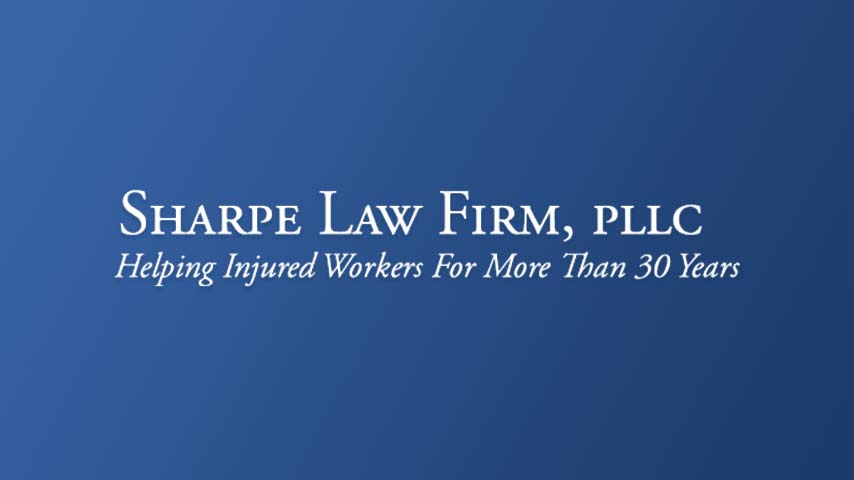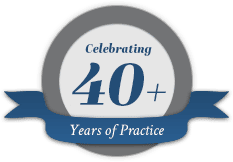1. At the Scene
Get information at the scene of the accident. Get the names and phone numbers of any witnesses, individuals involved in the accident, and passengers. Be sure to get and give all pertinent insurance information. Exchange name address, phone number and email with the other driver. Take pictures of the vehicles, skid marks, traffic control signs, damage to property. Get pictures now, because the opportunity to take them will soon disappear. Call police if appropriate. Render assistance to the injured or call 911 for help.
2. Get Medical Treatment
Don’t put off getting medical treatment thinking the pain will go away. Take the time to seek treatment from a doctor to document the extent of your medical concerns. Medical care is good for you because you will have a better chance of a good recovery with less pain. Medical care is also good for your claim. Insurance companies evaluate claims by considering the amount and type of medical care. Good medical care documents your injuries. If you don’t get enough medical care the insurance company will not believe you are hurt.
3. Make a Collision Report
The law in Washington State require you to file a collision report within 4 days of the accident. Making this collision report as soon as possible will insure that all the information from the accident is documented, while that information is fresh and most accurate. You can get a collision report form from local police, sheriff, or Washington State Patrol.
If a law enforcement officer investigates the collision, they will file the collision report for you. You can get a completed copy of any form filed for your accident from the Washington State Patrol.
4. Keep a Journal
It will take time to settle your case or go to court. Memories fade; details slip away. Keep an accurate journal of important information. Record things such as doctor’s names and appointment dates. Write down important conversations about how you feel and limitations in daily activities. Do not put anything in that journal you wouldn’t want the insurance company’s lawyer to see.
5. Social Media
Be careful. All your social media posts need to be consistent with your claims about your injuries and how the accident affects your life. Many a case has been ruined by posting pictures or making statements in social media that later hurt the value of your claim. Plan on the insurance company’s lawyer getting into all your social media, private or not.
6. Insurance Policies
Find and review these. You may have more than one. Look for your drivers’ coverage, the other drivers’ coverage, umbrella policies, credit card coverage, and homeowners’ policies. Get the policies and review them. Get help if you need it.










